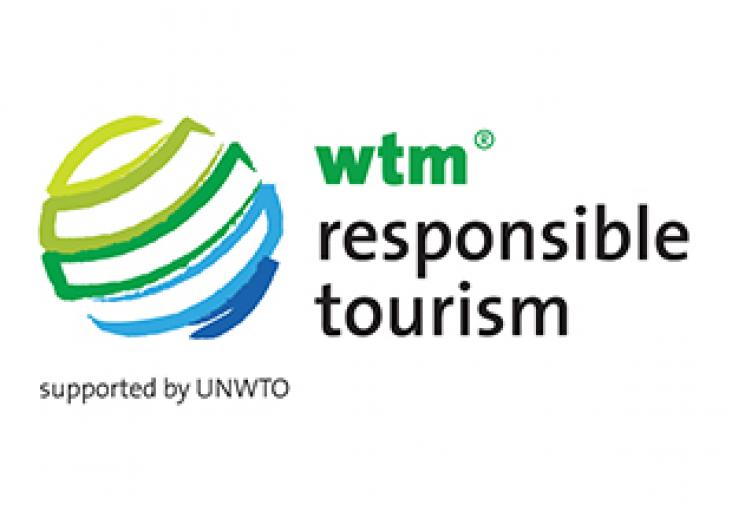To advance goal 12 and 13, this report provides guidance on the “ambition loop” — a positive feedback loop in which bold Government policies and private sector leadership reinforce each other, and together, take climate action to the next level.
Investors, governments, and other stakeholders are increasingly demanding that companies demonstrate sustainable strategies aligned with the SDGs. A credible SDG strategy allows a company to clearly communicate its impact, facilitates easier access to the growing market for SDG financing, and connects investors with a pipeline of potential opportunities to address the SDG investment gap. This guide seeks to support companies looking to integrate the SDGs into their financial strategy and business model, contributing to SDGs 8, 12 and 17.
While the public sector and public finance will be core to the implementation of the SDGs, it is widely acknowledged that the private sector and capital markets must also play a key role. This report furthers SDGs 8, 12 and 17 by seeking to inspire major players in the investment value chain to build a market for mainstream SDG investments, with enough scale, liquidity and diversification to attract large institutional investors and finance a broad set of private- and public-sector activities in support of the SDGs.
This report provides an assessment of how companies in the UN Global Compact are adopting the Ten Principles and taking action to deliver on the SDGs. It contributes to Goals 10, 12 and 17.
The publication highlights the potential role of social dialogue in fostering stability, equity, productivity, sustainable enterprises and inclusive growth, contributing to SDGs 8, 10 and 12.
This solution-focused report — the fourth in its series — offers 10 new markets which could help get the Global Goals back on track, such as blockchain-based land rights for Goal 10 and energy-efficient cooling for Goal 13. The report aims to demonstrate how global sustainability challenges and risks can be seen as opportunities.

Born in 1978, Pollutec is recognized today as the reference meeting place for environment professionals. The event develops multiple SDGs, including SDGs 6 (clean water and sanitation), 7 (affordable and clean energy), 12 (responsible consumption and production) and 13 (climate action).

To celebrate 2017 as the International Year of Sustainable Tourism for Development, World Travel Market London is focusing World Responsible Tourism Day – including the WTM Responsible Tourism Awards – on the UN Sustainable Development Goals.
The awards categories are centred on the UN’s Sustainable Tourism Goals, with a focus on businesses, destinations and organisation which can clearly demonstrate their contribution to sustainable development

Direct drilling - where the ground is not ploughed before a new crop is established - helps conserve soil moisture and structure and prevents wind erosion. Switching to direct drilling, or "no-till", can therefore bring big savings in labour and machinery costs. However does this translate to better gross margins? A benchmarking study, which compared no-till with more conventional approach, suggest there are savings to be made despite dips in yield. This supports SDG12: Responsible Consumption and Production.

Scottish farmers have been using clean energy technology normally used by buses and bin lorries to power their farm machines, helping to reduce emissions and make efficiencies. This helps to advance both goal 7 and goal 12.
